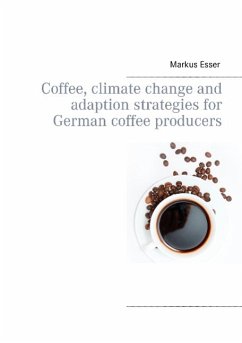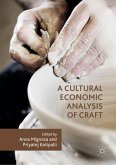Since the publication of the Stern Review, economists have started to ask more normative questions about climate change. Should we act now or tomorrow? What is the best theoretical carbon price to reach long-term abatement targets? How do we discount the long-term costs and benefits of climate change? This provocative book argues that these are the wrong sorts of questions to ask because they don't take into account the policies that have already been implemented. Instead, it urges us to concentrate on existing policies and tools by showing how the development of carbon markets could dramatically reduce world greenhouse gas (GHG) emissions, triggering policies to build a new low-carbon energy system while restructuring the way agriculture interacts with forests. This provides an innovative perspective on how a post-Kyoto international climate regime could emerge from agreements between the main GHG emitters capping their emissions and building an international carbon market.
Hinweis: Dieser Artikel kann nur an eine deutsche Lieferadresse ausgeliefert werden.
Hinweis: Dieser Artikel kann nur an eine deutsche Lieferadresse ausgeliefert werden.
'For those who do not understand why a global agreement is needed in the climate change rounds and why this agreement is so difficult to reach, this book provides a clear and balanced presentation of the issues.' Claude Mandil, former Executive Director of the International Energy Agency








